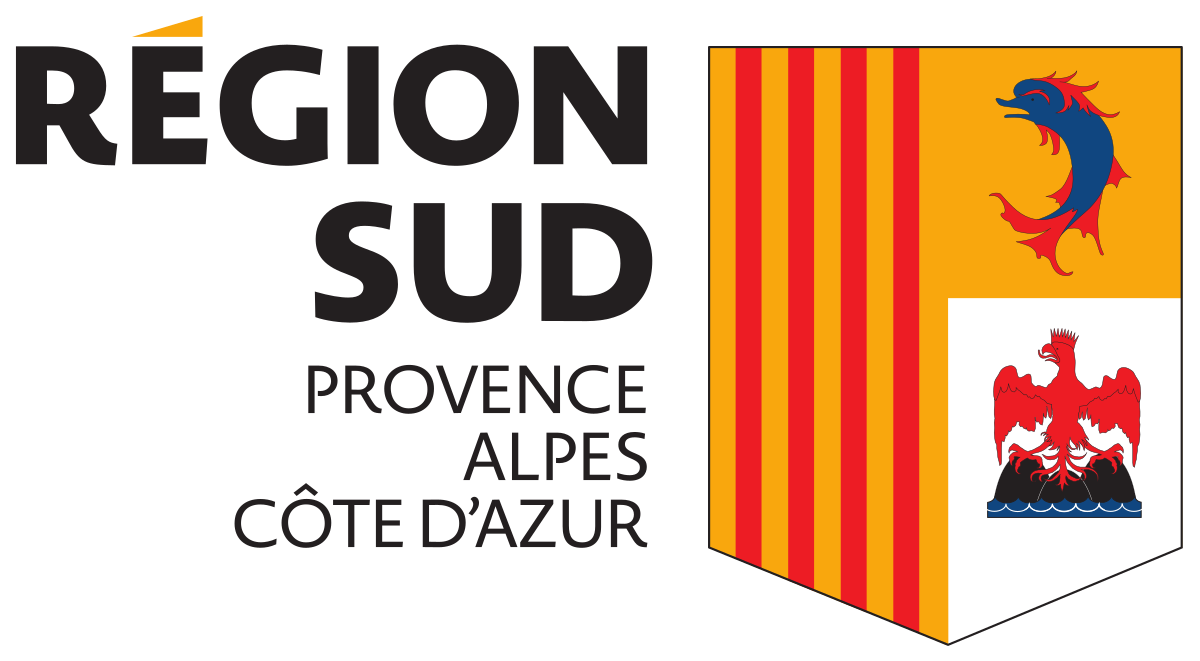


Service-learning approach in higher education is a type of experiential learning method which involves students performing community service, critically reflecting on the experience and learning from it on a personal, social and intellectual level. The initiatives are aimed at enhancing learning in higher education, encouraging civic duty and enhancing community participation within students but also within universities ecosystems.

Higher education should enable students to get involved in social and environmental causes. A university should also promote student engagement and empowerment and strengthen their cooperation with civil society organizations and institutions in their territories.


The KA2 SL-ICP project team is formed by the CIVIS Alliance and Eurasia net NGO partners. Each of them leads a domain:

You can find us at cooperation@eurasianet.eu, on our website and on www.youtube.com/@servicelearningKA2-SL-ICP.

